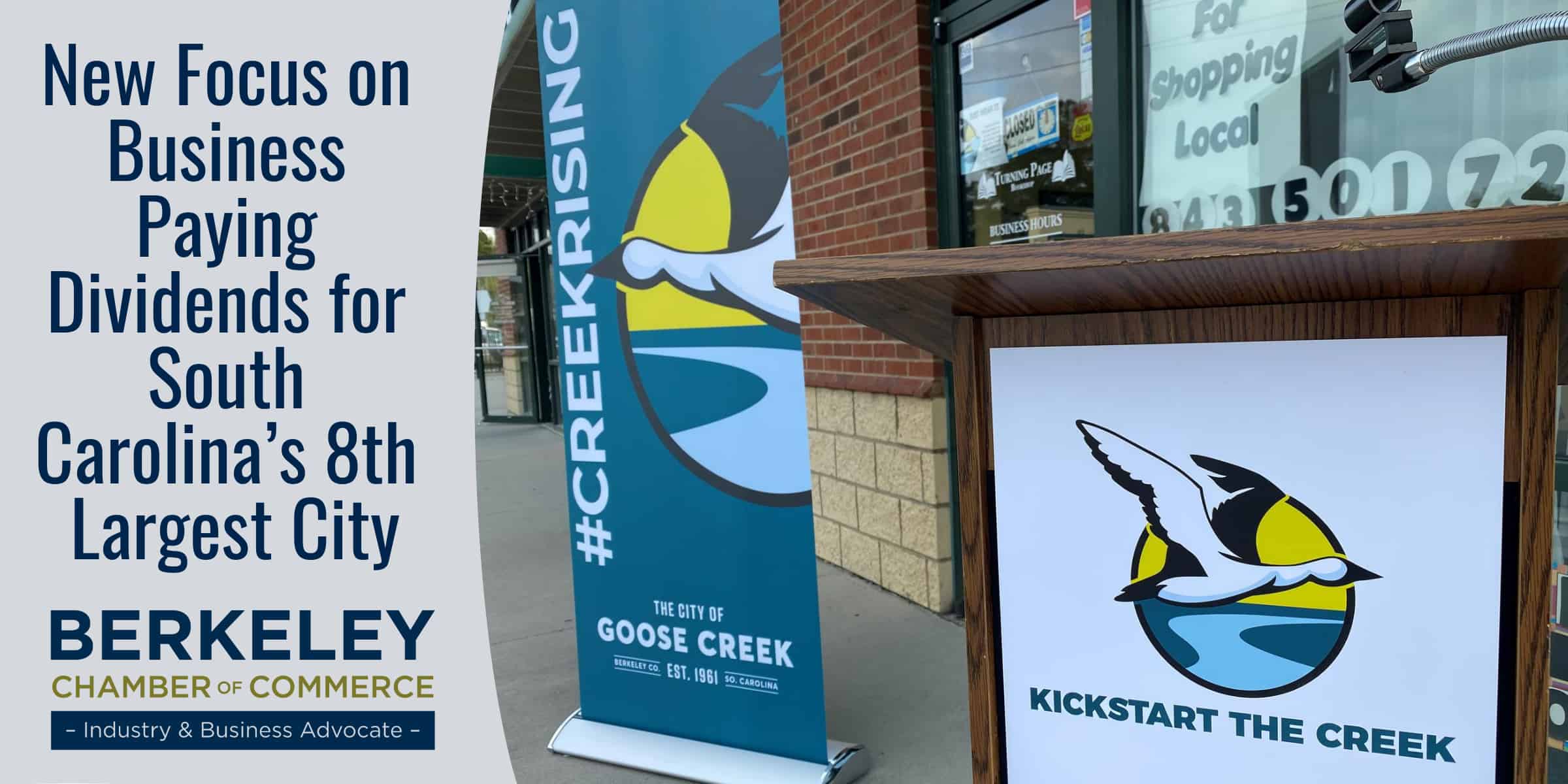Building the Reserve: How Small Business Owners Can Fortify Their Financial Future
A small business often begins with a dream, but it survives on strategy. For many owners, the thrill of independence and creative control is paired with the gnawing anxiety of unpredictable cash flow and thin margins. Too many promising ventures fail not because of lack of passion or poor product-market fit, but because they can’t weather financial storms. The businesses that last tend to share a critical trait: they plan for the worst, not just hope for the best. Creating a financial safety net isn’t just about being cautious—it’s about being prepared enough to stay in the game long enough to win.
Rethinking Profit: Pay Yourself First, and Often
Business owners notoriously put themselves last in the financial queue. There’s a common belief that reinvesting every dollar back into operations is the most responsible route, but that mindset can quietly sabotage long-term stability. Establishing a routine salary—even if modest—keeps personal and business finances separate and healthier. It also ensures that the owner’s financial life doesn’t rely entirely on the business riding high, which is essential when profits dip or delays stretch longer than expected.
Keep Your Overhead Low, Even When Things Go Right
The temptation to upgrade is strongest when business is booming. A new office, an expanded team, or upgraded equipment can feel like natural next steps. But too often, those fixed costs stick around when sales slow down. Business owners who develop lean habits—like renegotiating vendor terms, automating repetitive tasks, and outsourcing selectively—tend to build more durable models. The goal isn’t to operate cheaply, but to keep the company nimble enough to pivot or hibernate when needed.
Organize Documents to Stay in Control
A well-organized document management system can keep your business’s financial house in order, especially as receipts, invoices, and reports start piling up. By digitizing and categorizing financial records, you reduce the risk of missing key details during tax season or financial reviews. Tools that let you convert formats can be a game-changer—knowing how to convert PDF to Excel means you can manipulate and analyze tabular data with more precision and flexibility. After updating figures or restructuring the sheet in Excel, you can simply save the file back as a PDF for easy sharing or archiving.
Emergency Funds Aren’t Just for Households
Too many entrepreneurs leave emergency funds off the business blueprint. But just as families set aside money for unexpected repairs or job loss, small ventures need liquid reserves for sudden downturns. Whether it's a client who ghosts on a major invoice or a supply chain breakdown, surprises are the rule, not the exception. A good benchmark is to aim for three to six months of essential operating expenses tucked away, out of sight but accessible when reality bites.
Diversify Revenue Before It’s a Necessity
No matter how strong a product line or service offering feels, leaning on a single income stream is a gamble. Businesses that survived recent economic shocks often had multiple revenue legs to stand on—online sales, subscription models, digital products, or consulting arms. Diversification doesn’t mean stretching thin or chasing trends, but finding natural extensions of what already works. When done well, it opens up fallback options that don’t require starting from zero when a core line falters.
Don’t Ignore the Insurance Talk
Insurance isn’t glamorous, but it’s one of the most underused tools in a small business safety plan. From general liability to business interruption insurance, policies exist to fill financial gaps that could otherwise be catastrophic. It's easy to dismiss insurance as an unnecessary drain until disaster strikes. Owners who consult with advisors to customize coverage often find that the peace of mind and protection far outweigh the monthly premiums—especially when the unexpected finally arrives.
Resilience is what separates a shaky business from a steady one. Building a financial safety net doesn’t happen overnight, and it rarely involves just one tactic. It’s a combination of discipline, foresight, and a willingness to treat stability as a priority rather than an afterthought. Owners who embed that mindset into the daily rhythm of operations don’t just survive—they give themselves the freedom to take risks, try new ideas, and grow with confidence. And in the end, it’s not just the business that benefits—it’s the person behind it who sleeps better at night.
Elevate your business potential by joining the Berkeley Chamber of Commerce and become part of a thriving community dedicated to economic prosperity and visionary leadership!

